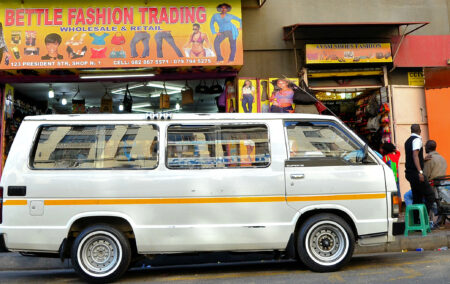President Cyril Ramaphosa emphasised the importance of public transport systems – trains, buses and minibus taxis – to South Africa’s economic future.
Writing in his weekly newsletter, he noted that research indicated that around two thirds of the population depended on minibus taxis for transport. Around a quarter used buses and 10% used trains.
However, safety concerns and crime marred people’s experiences: ‘Many of our people’s experiences with public transport are not positive. Those reliant on trains have to contend with daily delays, disruptions and prolonged closures of essential lines. Furthermore, rail infrastructure in most cities only covers older parts of cities and has not kept up with new city development. Unroadworthy vehicles, unsafe driving, speeding, overloading and other practices are persistent problems in the taxi industry. Many people fall victim to crime on trains, taxis and buses.’
In addition, transport costs chewed up a large proportion of the incomes of poor households.
The National Taxi Lekgotla, being held this week, would seek to chart a course for the industry. The event ‘must emerge with a blueprint for a formalised industry that plays a meaningful role in the mainstream economy and is effectively regulated’.
Linking this to the recently unveiled Economic Reconstruction and Recovery Plan, the president reiterated the importance of transport infrastructure to the country and stated that an improved public transport system would not only be of value to commuters, but to the country as a whole.

